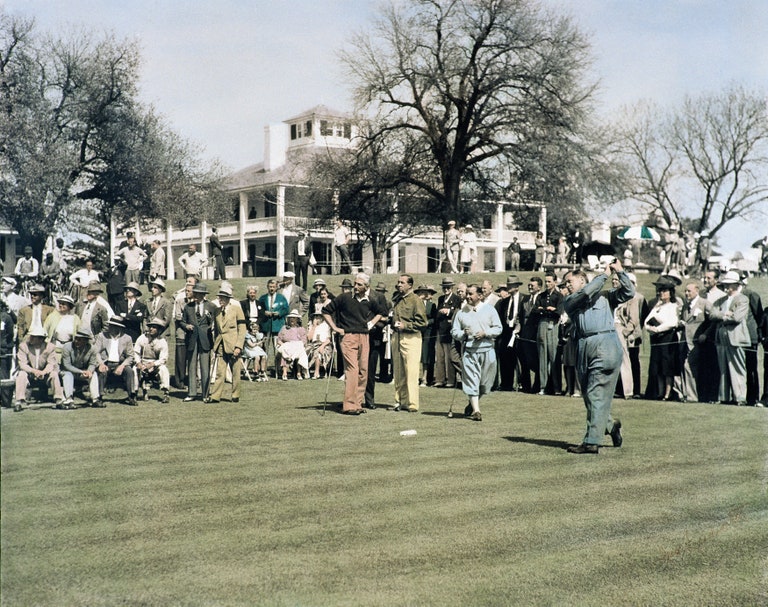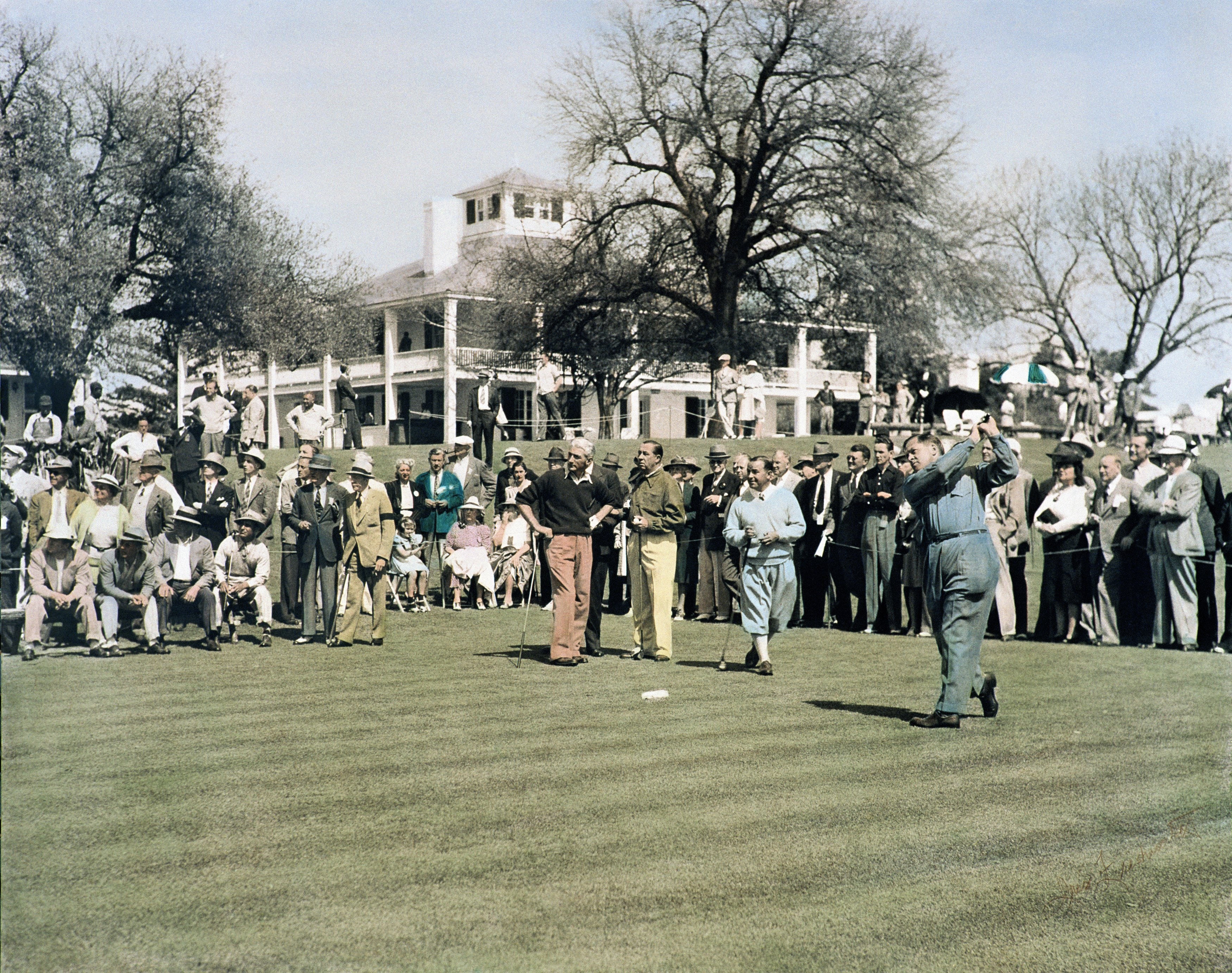
The Coronavirus pandemic has hit a giant pause button on fans being able to watch golf on TV, and in some cases, even kept people off courses. But while we hunker down and hope for a speedy return to normalcy, we can also use this time as an opportunity to learn more about the game we love. Here’s our latest installment of “Did you know?”
Any golf aficionado knows all too well that Bob Jones retired from competitive golf after he won the Grand Slam in 1930. But if you think Jones’ career ended at age 28 when Jones defeated Eugene Homans 8 and 7 to win the U.S. Amateur and complete the “Impregnable Quadrilateral,” then you would be mistaken.
Albeit an honest mistake. Jones had issued a statement in November of 1930 that read, “Fourteen years of intense tournament play in this country and abroad had given me about all I wanted in the way of hard work in the game. I had reached the point where I felt that my profession required more of my time and effort, leaving golf in its proper place, a means of obtaining recreation and enjoyment.”
But Jones returned to competition for the first Masters in 1934 (then known as the Augusta National Invitation Tournament). Being a new event, both Clifford Roberts and Jones knew the importance Jones would be in drawing people to the tournament—and it worked as people came to see him play and launch the tournament. In the first year, Jones got off to a rusty 76-74 start before settling in with rounds of 72-72 that left him tied for 13th. It would be his highest finish in dozen Masters starts. In all he played 46 tournament rounds with a stroke average of 76.00, never shooting lower than 72. His last Masters was 1948, where he finished 50th.
Not that Jones was gunning for a title. As Clifford Roberts wrote, “He saw himself in the role of a host, not as a competitor anxious to defeat his guests.” His impact on the event’s early years was also front of mind. “We realized that, in order to build a tournament of stature that could survive Bob’s eventual separation from the event, it needed to be operated in a better fashion and made more enjoyable than any other,” wrote Roberts.
We can’t think of a better reason to come out of retirement than that.

